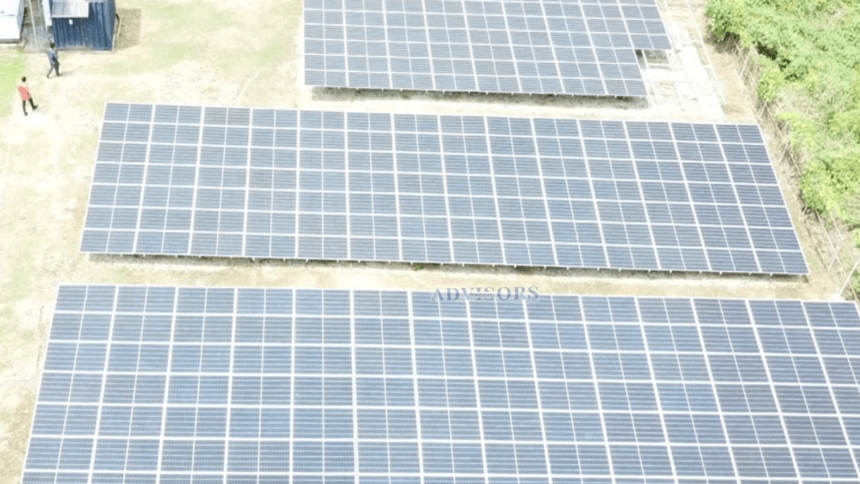… aims to drive cost-reflective pricing for dedicated power generation facilities
Oredola Adeola
As part of efforts to establish cost-reflective tariffs for dedicated power generation facilities, the Nigerian Electricity Regulatory Commission (NERC) has directed all mini-grid developers in Nigeria to adopt the African Forum for Utility Regulators (AFUR) tariff tool for permit applications, effective Monday, December 16, 2024.
NERC made this known in a statement obtained by Advisors Reports via the Commission’s official portal on Friday.
Advisors Reports gathered that this initiative is expected to ensure fair and efficient pricing for both isolated and interconnected mini-grids, providing a broader framework for renewable energy project development in Nigeria.
This follows NERC’s recent formal adoption and release of the tariff tool, developed in collaboration with AFUR and key stakeholders.
According to NERC, the move aims to standardize tariff calculation methodologies and enhance regulatory oversight in the mini-grid sector.
By ensuring that tariffs reflect the true cost of service, the Commission seeks to promote transparency, accountability, and efficiency.
The tool also aligns with the amended Mini-Grid Regulations 2023, introducing new features such as Portfolio Applications, which enable developers to register multiple mini-grid sites under a single application.
“This simplifies processes, fosters efficient regulatory oversight, and benefits from economies of scale, helping to reduce end-user tariffs for mini-grid projects,” NERC stated.
Additionally, the AFUR Mini-Grid Tariff Tool is expected to be rolled out across 30 African countries in the coming years, bringing regulatory consistency to the mini-grid subsector.
NERC emphasised that the latest development will streamline operations for developers and facilitate cross-border energy project development.
This development comes nearly a year after the Nigerian Electricity Regulatory Commission (NERC) introduced the 2023 Mini-Grid Regulations on December 29, 2023, effectively replacing the 2016 Mini-Grid Regulations.



